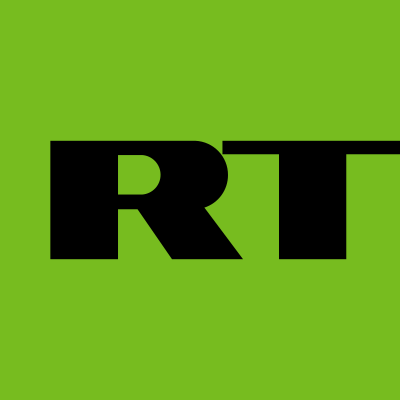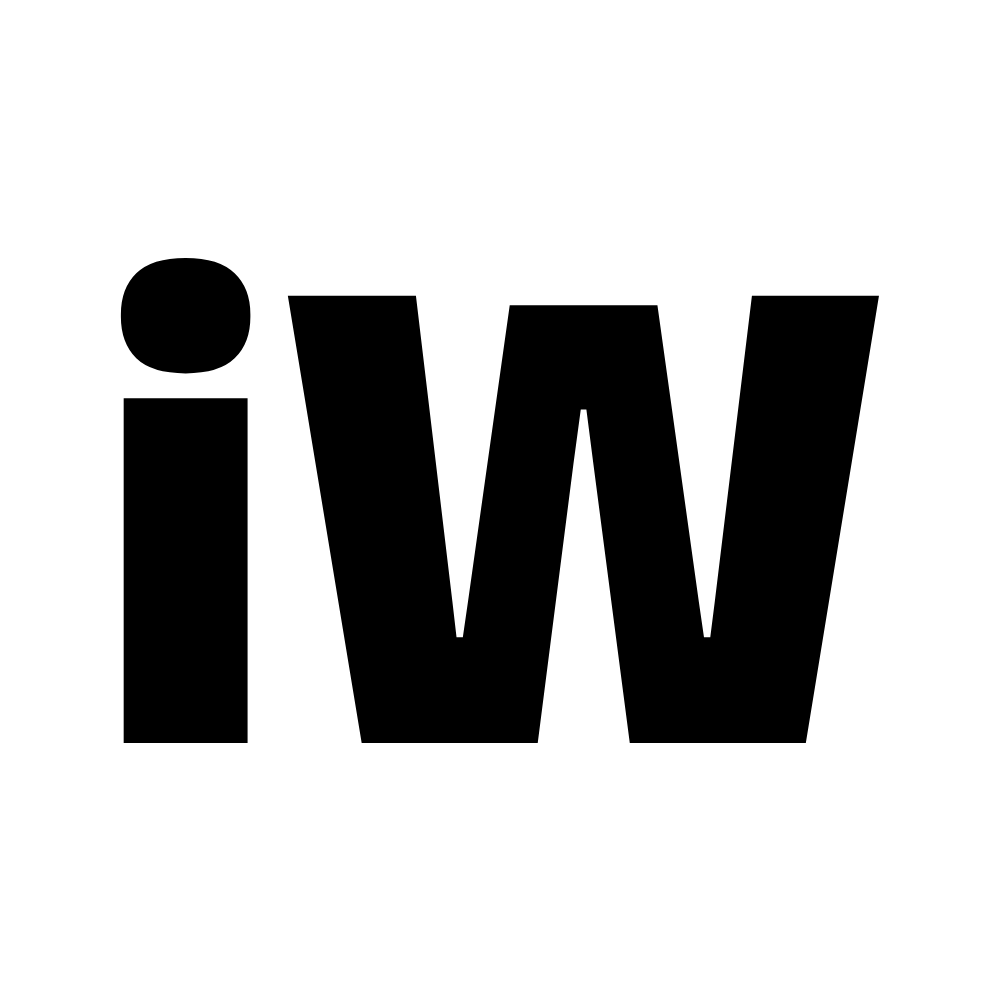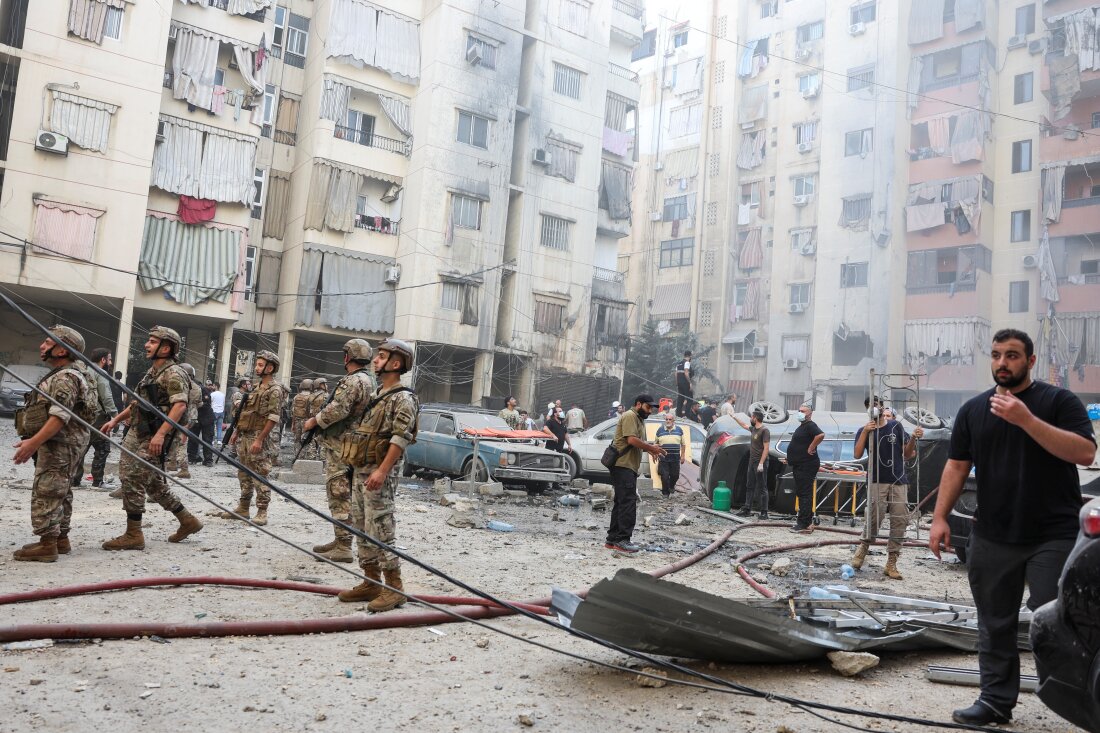- Israeli airstrikes in Beirut reportedly killed Hezbollah leader Hassan Nasrallah, marking a significant escalation in the ongoing conflict with the Iran-backed group. (Cbsnews.com)
- The Israeli Defense Forces targeted Hezbollah’s underground headquarters in southern Beirut, where Nasrallah and other senior commanders were located. (Aljazeera.com)
- At least 11 people were killed and over 100 wounded in the strikes, including other Hezbollah leaders such as Ali Karaki, the Commander of Hezbollah’s Southern Front. (Haaretz.com)
- Hezbollah has vowed to continue fighting in support of Palestine and to defend Lebanon, while Iran pledged to avenge Nasrallah's death. (Nytimes.com)
- Israeli Prime Minister Benjamin Netanyahu stated that the military actions aim to degrade Hezbollah’s capabilities and prevent further attacks on Israel. (Theguardian.com)
From Israel’s perspective, the airstrike against Hezbollah, which resulted in the death of Hassan Nasrallah, was a legitimate and necessary act of self-defense. Nasrallah’s leadership of Hezbollah, a group labeled as a terrorist organization by several countries, posed a constant threat to Israeli civilians through rocket attacks and militant actions. The operation is seen as a strategic move to dismantle Hezbollah’s leadership and prevent further harm to Israel, while weakening Iran’s influence in the region.
From the Lebanese and Hezbollah-aligned perspective, the Israeli strike is viewed as an illegal and aggressive violation of Lebanon’s sovereignty. Hezbollah, despite its designation as a terrorist organization by some, is a significant political and military force in Lebanon, with its leaders seen by many as defenders of Lebanon against Israeli aggression. The assassination of Nasrallah is framed as an act of war, and Israel’s strikes are seen as targeting not just militants but also civilians, escalating tensions and destabilizing the region.
From an international diplomatic viewpoint, the strike is seen as a significant escalation that could further destabilize the Middle East. With Hezbollah’s strong ties to Iran and its role in regional conflicts, the killing of its leader risks sparking a wider confrontation involving Iran, Israel, and other regional actors. This perspective emphasizes the need for de-escalation and diplomacy, warning that such operations could lead to unintended consequences, including full-scale regional warfare.
Details
Security
Bias
Deltas
The recent developments in the Middle East, specifically Lebanon, center around an Israeli airstrike targeting the Hezbollah militant group. According to Israeli military sources, the airstrike resulted in the death of Hassan Nasrallah, Hezbollah’s long-standing leader, who was reportedly inside the group's headquarters at the time of the attack. Israeli authorities emphasized that the operation was aimed at dismantling Hezbollah’s leadership structure as part of a broader campaign against the Iran-backed group, which has been launching rocket and drone attacks across Lebanon’s southern border into Israel since October 2023. Nasrallah had led Hezbollah for 30 years, and his death was seen by Israeli officials as a strategic victory. They claimed that this action was necessary to prevent further militant activities directed at Israeli citizens (CBS News, NYTimes.com).
The airstrike, which took place in Beirut’s southern suburb of Dahiya, marked a significant escalation in the conflict between Israel and Hezbollah. This area, considered a Hezbollah stronghold, has been the target of multiple Israeli strikes since Hezbollah began firing rockets into Israel as part of a broader show of support for Hamas. According to Israeli military officials, the decision to strike Nasrallah’s underground headquarters was based on real-time intelligence, which indicated that top Hezbollah commanders were advancing terrorist operations from this location. Along with Nasrallah, other senior Hezbollah figures, including Ali Karki, the Commander of Hezbollah's Southern Front, were reportedly killed in the strike (Haaretz.com, FoxNews.com).
The aftermath of the strike has sparked a strong response across the region. Hezbollah confirmed Nasrallah’s death and vowed to continue its fight against Israel in what it described as support for Palestine and Lebanon. Iran, a long-time supporter of Hezbollah, reacted with fury, with Ayatollah Ali Khamenei, Iran's Supreme Leader, calling for revenge and announcing five days of mourning in Iran. Iranian officials emphasized that Nasrallah’s death would not go unpunished, and that Hezbollah’s resistance against Israel would only intensify in the coming days. Lebanon’s caretaker Prime Minister Najib Mikati also expressed concern, declaring a three-day mourning period and warning that this attack had placed Lebanon in significant danger. The airstrike also drew condemnation from other actors in the region, such as Russia, which criticized the methods used in the attack as 'terrorist tactics' (AlJazeera.com, Haaretz.com).
The strike is seen as a considerable blow to Hezbollah, which has long been the most powerful military force in Lebanon and a significant actor in regional geopolitics. Nasrallah was regarded as a unifying figure who not only commanded military operations but also had strong political influence. His death raises questions about the future of Hezbollah's leadership and its ability to recover from this loss. Israeli officials, including Prime Minister Benjamin Netanyahu, defended the strike, stating that Israel has the right to defend itself against any threats posed by Hezbollah and that the attack was part of Israel’s ongoing efforts to degrade Hezbollah’s military capabilities. However, the strike also risks escalating tensions across the region, with fears that Iran or other Iranian-backed militias could retaliate against Israeli or U.S. targets. While Israel has publicly stated it does not seek a broader regional war, the actions against Hezbollah may have far-reaching consequences, particularly if Iran responds with force (CBS News, NYTimes.com).
The international response has been mixed, with some nations calling for a ceasefire to prevent further loss of life and others supporting Israel’s right to self-defense. The U.S. confirmed that it had no advance knowledge of the airstrike, though President Joe Biden stated that Nasrallah’s death serves as a measure of justice for the victims of Hezbollah’s terrorist activities, including American and Israeli civilians. Meanwhile, several diplomatic efforts are underway to broker a ceasefire, though these efforts have been complicated by the ongoing war between Israel and Hamas in Gaza. There are concerns that the conflict in Lebanon, combined with the situation in Gaza, could destabilize the Middle East even further, drawing in other regional actors and leading to a wider war (FoxNews.com, AlJazeera.com).

The article highlights how Israeli strikes have led to the destruction of civilian infrastructure and displacement, while avoiding any mention of Hezbollah’s attacks on Israel. It frames Israel as the aggressor by focusing on Lebanese casualties and damage, reflecting a critical viewpoint of Israeli actions.
Read full article
The article focuses on the Israeli strike against a key Hezbollah figure, Sheikh Nabil Kauka, while portraying Israel’s military actions as aggressive. It does not explore the broader context of Hezbollah's rocket fire, instead presenting Israel’s attacks as unprovoked.
Read full article
The article highlights the precision strikes carried out by Israel on Hezbollah’s headquarters in a residential area, focusing on the use of civilians as 'human shields' but largely avoids discussing Hezbollah's actions against Israel. This one-sided portrayal paints Israel as the primary aggressor.
Read full article

The article places significant emphasis on Israeli military aggression, particularly the targeting of Hezbollah’s infrastructure in densely populated areas. It avoids discussing Hezbollah’s role in provoking the conflict, which suggests a critical bias toward Israel.
Read full article
The article focuses on the destruction caused by Israeli airstrikes and the significant loss of life, particularly among civilians. Hezbollah is framed as a resistance group responding to Israeli aggression, which suggests a negative stance toward Israel.
Read full article
The article emphasizes Hezbollah’s intention to strike 'deep inside Israel' in response to Israeli airstrikes, framing Hezbollah as defending itself against Israeli provocations. The article largely avoids discussing Hezbollah’s attacks on Israel, leading to a one-sided portrayal.
Read full article
Negative
Sentiment
The article reports on the potential death of Hezbollah leader Hassan Nasrallah without taking sides. It balances the coverage by mentioning both Israeli claims about Hezbollah's leadership and the lack of official confirmation from Hezbollah. This suggests an attempt to stay informative rather than leaning toward either side.
Read full article

The article offers a factual account of the airstrikes and the possible death of Nasrallah, while providing context about Hezbollah’s role in the conflict. There is no apparent bias toward either side, making it appear balanced and neutral.
Read full article

The article reports on both Hezbollah’s retaliatory missile launches and Israel’s airstrikes without inserting strong opinions. The even-handed nature of the reporting suggests that the article is focused on delivering the facts.
Read full article
Neutral
Sentiment
Positive
Sentiment
-
+
RT [Russia] Adds Civilian Impact of Israeli Strikes
RT highlights the destruction of civilian infrastructure in Beirut, specifically noting damage to residential areas and the displacement of civilians.
This was not emphasized in Western reports. -
+
Avia.pro [Russia] Adds Key Leadership Targeting
Avia.pro mentions the specific targeting of Sheikh Nabil Kauka, a senior Hezbollah figure.
This detailed focus on Hezbollah leadership was not found in many Western articles. -
+
Interfax [Russia] Adds Context on Hezbollah’s Strategy
Interfax adds that Hezbollah intentionally places its headquarters in residential areas as part of a 'human shield' strategy.
This detail was less emphasized in Western outlets. -
+
Baidu [China] Adds Death of Hezbollah Commanders
Baidu includes details about the deaths of Hezbollah missile force commanders.
This information was not prominently covered in the Western articles. -
+
Hespress [Middle East] Adds Iran's Expected Retaliation
Hespress provides details on Iran’s response, expecting Hezbollah to strike deep into Israel.
This was not highlighted in most Western media. -
+
CNN [USA] Adds Retaliation Timeline
CNN adds a detailed timeline of Israel's airstrikes and Hezbollah's retaliatory actions.
This timeline includes the number of airstrikes in Beirut, a detail less emphasized in non-Western sources.
-
-
New Izvestia [Russia] Omits Details on Hezbollah’s Retaliation
New Izvestia focuses on the potential death of Hezbollah leader Hassan Nasrallah.
However, it omits mention of Hezbollah’s retaliatory missile strikes, which were noted in Western media. -
-
BBC [UK] Omits Hezbollah Leadership Details
BBC omits details about Hezbollah’s leadership casualties.
The focus is more on the broader geopolitical impact, downplaying the specifics of targeted strikes.


